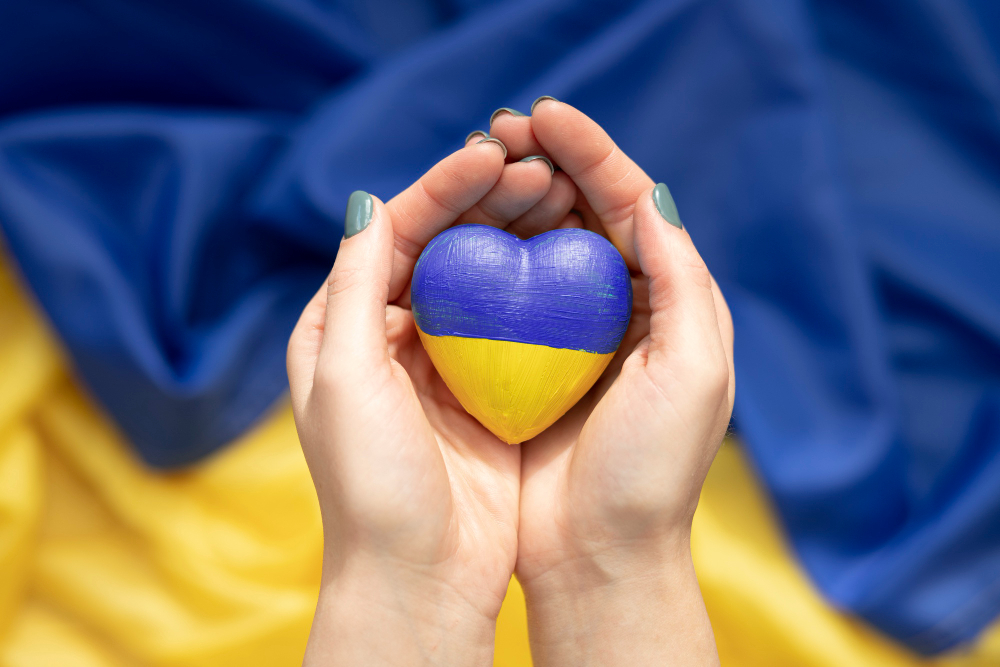Norway Tightens Rules for Ukrainian Refugees to Control Influx
KEY TAKEAWAYS
- Norway is planning to introduce stricter rules for Ukrainian refugees in the country.
- The government wants to no longer provide financial assistance to Ukrainians in the country who have decided not to live in reception centres.
- New rules are aimed at pushing Ukrainians to take up jobs and support themselves.
In an attempt to ensure control over immigration and integration of Ukrainian refugees, Norway has proposed to tighten some of its current rules.
While continuing to maintain firm support for Ukraine through financial aid and military contributions, the Norwegian government aims to bring the conditions more in line with the other Nordic countries and thus ensure that its reception system is not under pressure.
Commenting on the new measures, the Norwegian Labour and Inclusion Minister, Tonje Brenna, said that the high number of arrivals leads to increased pressure on the municipalities, and the sam further stressed that in order for the country to be able to offer proper services, the measures need to be tightened.
In order to continue accepting displaced persons from Ukraine in a controlled manner and to ensure a proper service offer in the municipalities, we propose new measures that tighten benefits and services. The level of arrivals must be sustainable over time. We must still have control over immigration and integration.
Norwegian Labour and Inclusion Minister, Tonje Brenna
To be able to offer services to Ukrainians without straining the service, the Norwegian government wants to no longer provide financial assistance to Ukrainians in the country who have decided to live in a place they have secured instead of the asylum reception centres.
Norway will also no longer cover the costs of pets of newly arrived Ukrainian asylum seekers and, at the same time, will also introduce the requirement to live in the country for at least five years for free dental health services for those aged 19-24 with temporary collective protection.
In addition to the above-mentioned, the Norwegian government has decided to introduce a 12-month residence requirement from the right to one-off benefit as well as a requirement for a longer period of residence in the country to be able to receive benefits.
The rules will also affect the allowance for spouses and other cohabitants without children.
The government believes that we must tighten up the offer and the level of performance in order to safely control the flow of refugees. We must avoid the pressure on the municipalities becoming so high that the support to help Ukraine could be challenged.
Norwegian Minister of Justice and Emergency Preparedness Emilie Enger Mehl
Additionally, recognising the potential of Ukrainian refugees to contribute to the workforce, Norway wants to push them to take up jobs in the country and support themselves.
In line with the new changes that are expected to become effective soon, Ukrainians in Norway will be required to spend at least 15 hours per week on work-oriented activities. This requirement can be met through practical work at a full-time or part-time work, among others.

